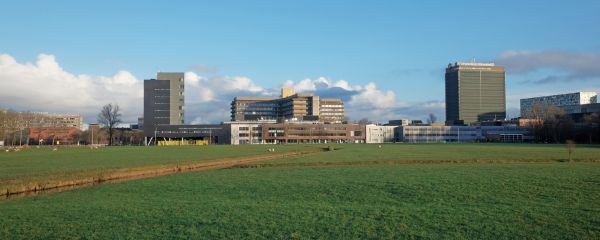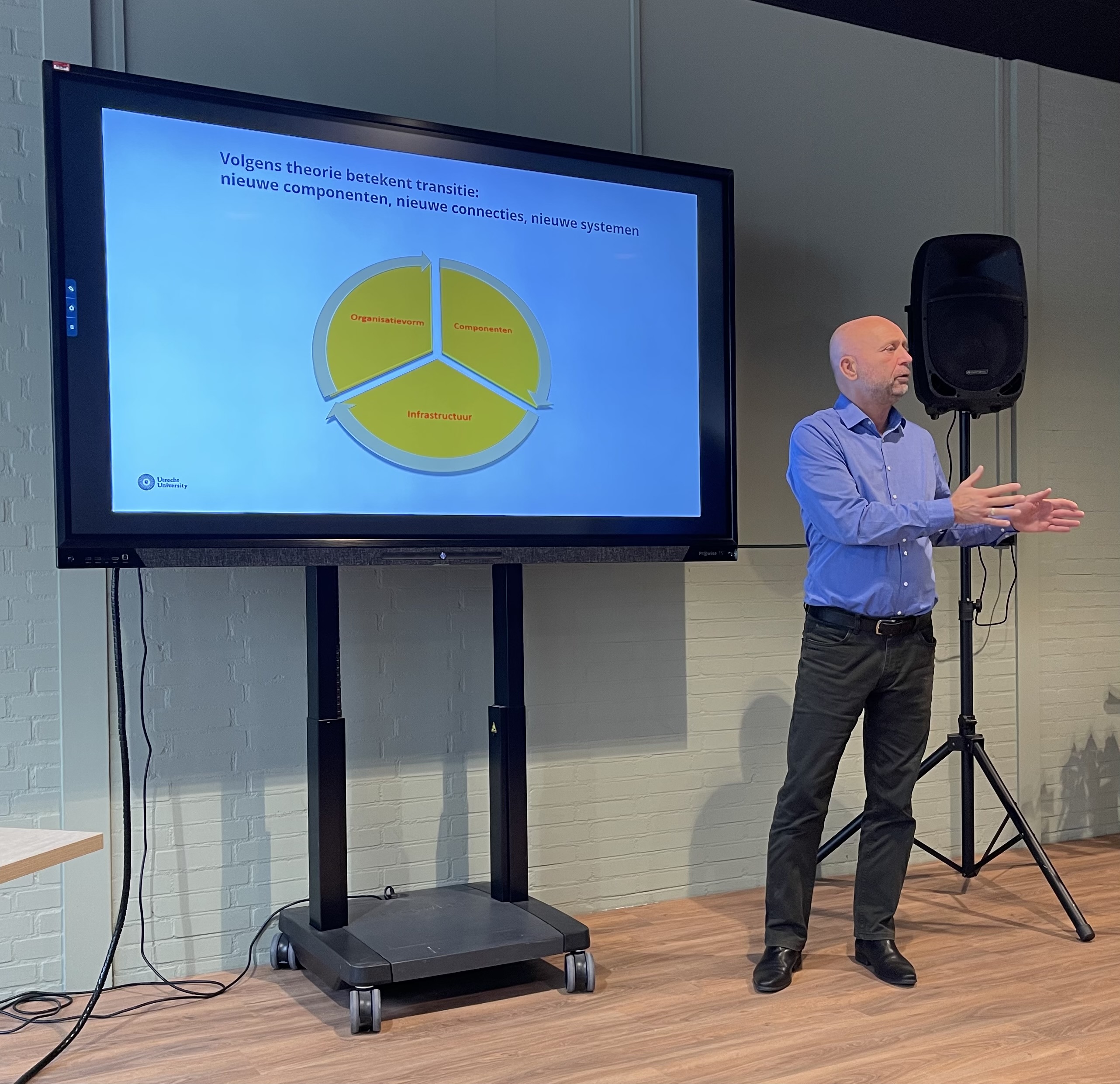
LLO accelerates energy and raw materials transition in Utrecht region
A consortium of ROC Midden Nederland, Utrecht University of Applied Sciences, Utrecht University and employers has received a grant from the National Growth Fund LLO Catalyst to address lifelong development (LLO) business issues in the Utrecht region. A sum of four million euros is involved.
One of the foundations of the economy is a well-trained workforce. Major social issues - for instance climate change - lead to transitions in the labour market. When the previous cabinet allocated the funds for the National Growth Fund LLO Catalyst, ROC Midden Nederland, Utrecht University of Applied Sciences and Utrecht University formed a consortium to tackle employers’ issues in the field of lifelong development so that these companies can properly shape the energy and raw materials transition. This intensive cooperation between both mbo, hbo and wo is unique in the Netherlands.
“The energy and raw materials transition affects many professions. By working together, we can organise flexibility and customisation for organisations and professionals. In this way, we create a broad ecosystem for lifelong development in the region.”
Wieger Bakker, dean LifeLong Learning UU
The knowledge and educational institutions are working together with companies, the Technologieraad Regio Utrecht and ROM Utrecht Regio. The grant will provide at least ten employers in the region with a tailor-made solution. The first three issues will be tackled in 2024/2025 together with Bloemendal Bouw, Stedin and Van Dorp, who are also part of the consortium. These projects will experiment with demand-driven working, innovation and co-creation. Fixed component is strengthening transition skills. In the so-called transition lab, knowledge is built up on what is needed (demand articulation) for lifelong development for the energy and raw materials transition. Solutions are being experimented with and their effectiveness and impact investigated among employers.
The results are widely shared. The transition lab is an open network that other employers, educational institutions and intermediaries from the Utrecht region can join. The methodology developed can later also be used in other shortage sectors, such as care, ict and education.
A three-part transition model
Arnold Wilts (Utrecht University) and Marianne Steenvoorde ( ROC Midden Nederland) are now working on demand articulation at Van Dorp. Wilts: ‘The knowledge demand from companies is the anchor point. In addressing this, we use a transition model with three parts: we try out, we see what stays and what we want to develop further.’

